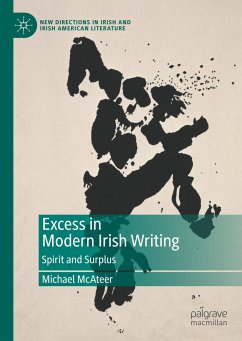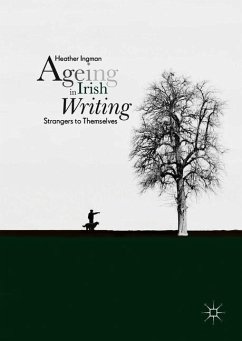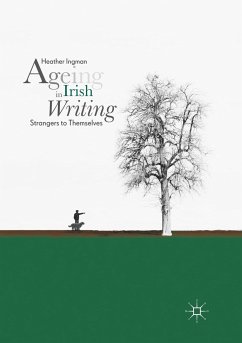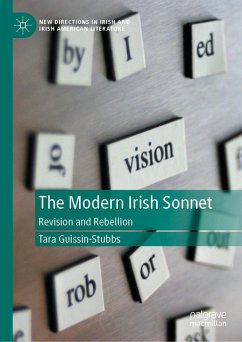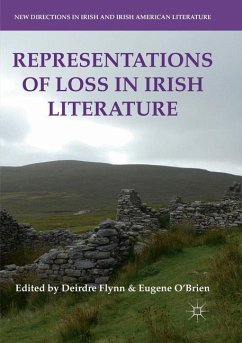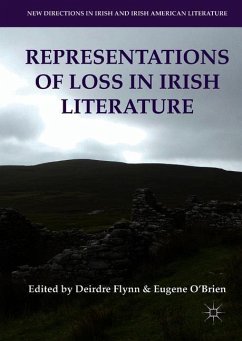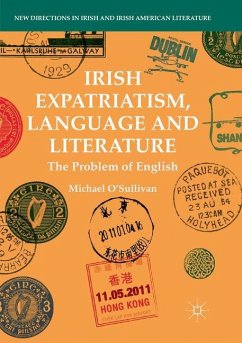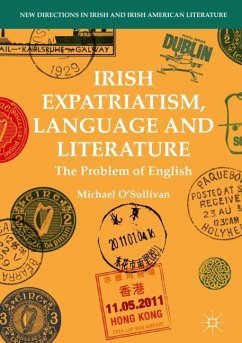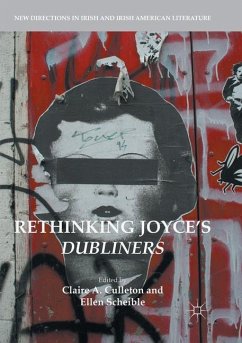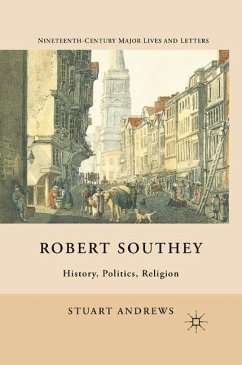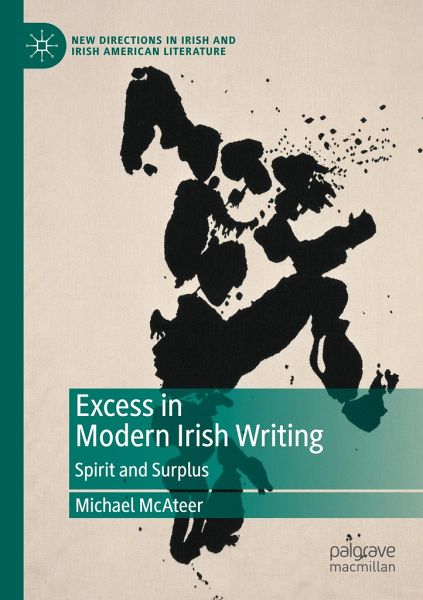
Excess in Modern Irish Writing
Spirit and Surplus
Versandkostenfrei!
Versandfertig in 6-10 Tagen
61,99 €
inkl. MwSt.
Weitere Ausgaben:

PAYBACK Punkte
31 °P sammeln!
This book examines the topic of excess in modern Irish writing in terms of mysticism, materialism, myth and language. The study engages ideas of excess as they appear in works by major thinkers from Hegel, Kierkegaard and Marx through to Nietzsche, Bataille, Derrida and, more recently, Badiou. Poems, plays and fiction by a wide range of Irish authors are considered. These include works by Oscar Wilde, W. B. Yeats, G. B. Shaw, Patrick Pearse, James Joyce, Sean O'Casey, Louis MacNeice, Samuel Beckett, Elizabeth Bowen, Roddy Doyle, Seamus Heaney, Marina Carr and Medbh McGuckian. The readings pres...
This book examines the topic of excess in modern Irish writing in terms of mysticism, materialism, myth and language. The study engages ideas of excess as they appear in works by major thinkers from Hegel, Kierkegaard and Marx through to Nietzsche, Bataille, Derrida and, more recently, Badiou. Poems, plays and fiction by a wide range of Irish authors are considered. These include works by Oscar Wilde, W. B. Yeats, G. B. Shaw, Patrick Pearse, James Joyce, Sean O'Casey, Louis MacNeice, Samuel Beckett, Elizabeth Bowen, Roddy Doyle, Seamus Heaney, Marina Carr and Medbh McGuckian. The readings presented illustrate how Matthew Arnold's nineteenth-century idea of the excessive character of the Celt is itself exceeded within the modernity of twentieth-century Irish writing.





